Good evening. This week’s issue looks at the growing rivalry between the U.S. and China from a variety of angles. Our cover story on Zhang Shoucheng, a world-renowned scientist, examines how one man’s career and life got caught in the geopolitical maelstrom, and David Barboza’s interview with Senator Marco Rubio tackles the broader questions of national security and economic competition. The Big Picture — our weekly infographic — provides some perspective on when and how U.S. attitudes about technology transfers to China changed, and our news piece dissects the recent moves by the White House and Congress to ban some of China’s biggest companies from the U.S. If, after all that, you need a bit of an escape, take a literary stroll to what feels like a simpler time with Michael Meyer’s piece on twentieth-century travel writer Chiang Yee.
We’re excited to be delivering our fourth issue to you, and for a limited time, we’re offering one free article per month to users. Please subscribe to The Wire here.
Want this emailed directly to your inbox? Sign up to receive our free newsletter.
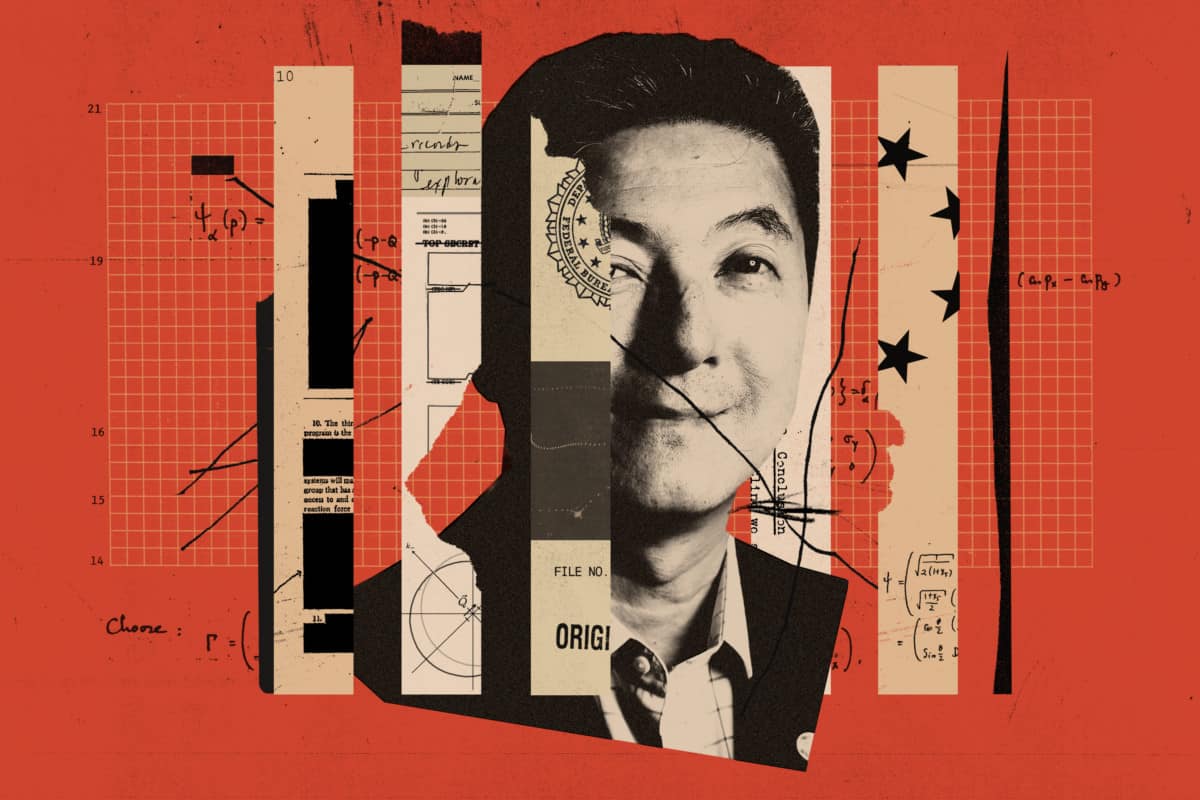
Death of a Quantum Man
The tragic story of Zhang Shoucheng, the Stanford physicist who committed suicide in 2018, takes readers on a roller coaster of emotions. What starts with intrigue and suspicion — Zhang’s venture capital fund had cozy relationships with Beijing — ends with empathy and remorse. As The Wire reporter Shen Lu shows, Zhang was often touted as a shoo-in for the Nobel Prize; his contributions as a scientist and teacher are legendary. But as someone who saw himself as a kind of bridge between his native and adopted homes, he may have lost his footing when, in 2018, serious cracks started to appear in the U.S.-China relationship. He can be seen as one of the first casualties in the trade war, which begs the question: When the world loses a brilliant scientist, who really wins?
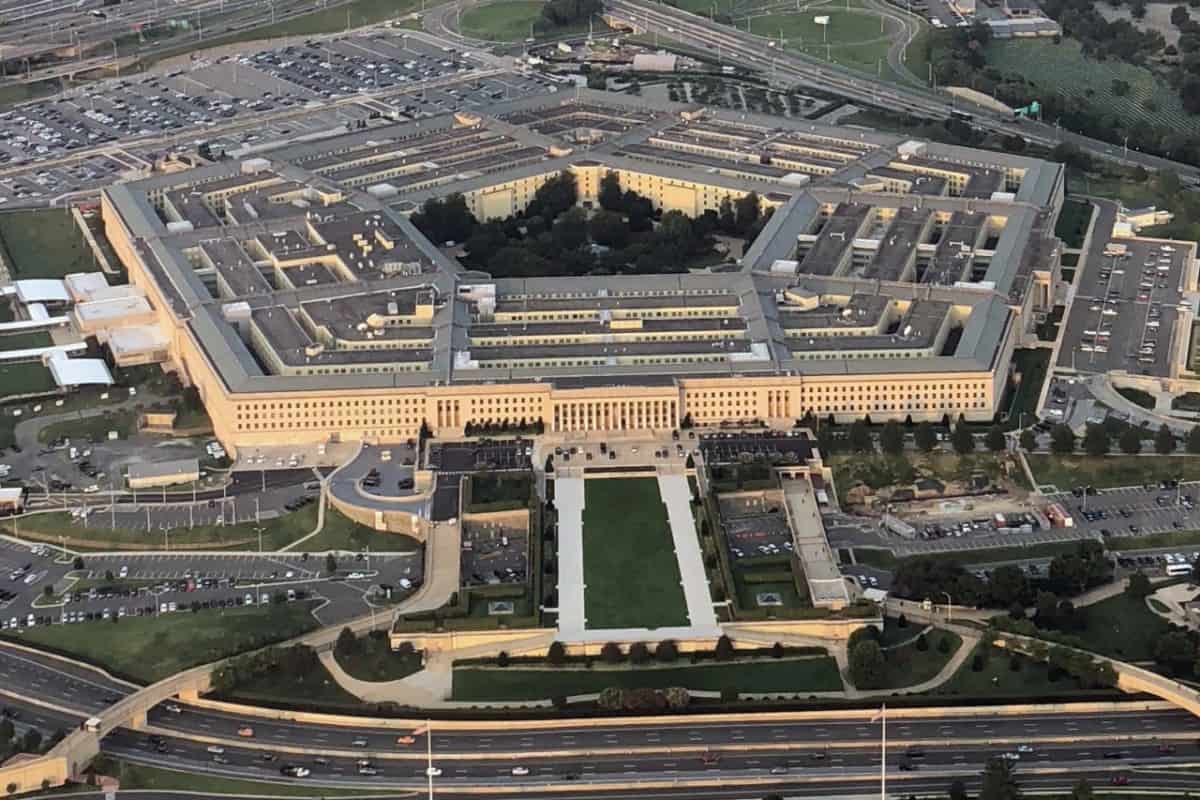
Credit: Touch of Light
The Big Picture: The Tech Transfer Crossfire
Concerns over China’s economic espionage and technology transfer have been mounting for years now, but 2018 proved to be a significant turning point in Washington. A slew of reports, hearings, and even new legislation emerged over the course of the year that, taken together, produced a cacophony of alarm bells. In this week’s Big Picture, we wanted to offer a snapshot of what the environment looked like in 2018 — which, as our cover story details, was a year that started with Zhang Shoucheng receiving a prestigious award from President Xi Jinping and ended with Zhang’s tragic death.
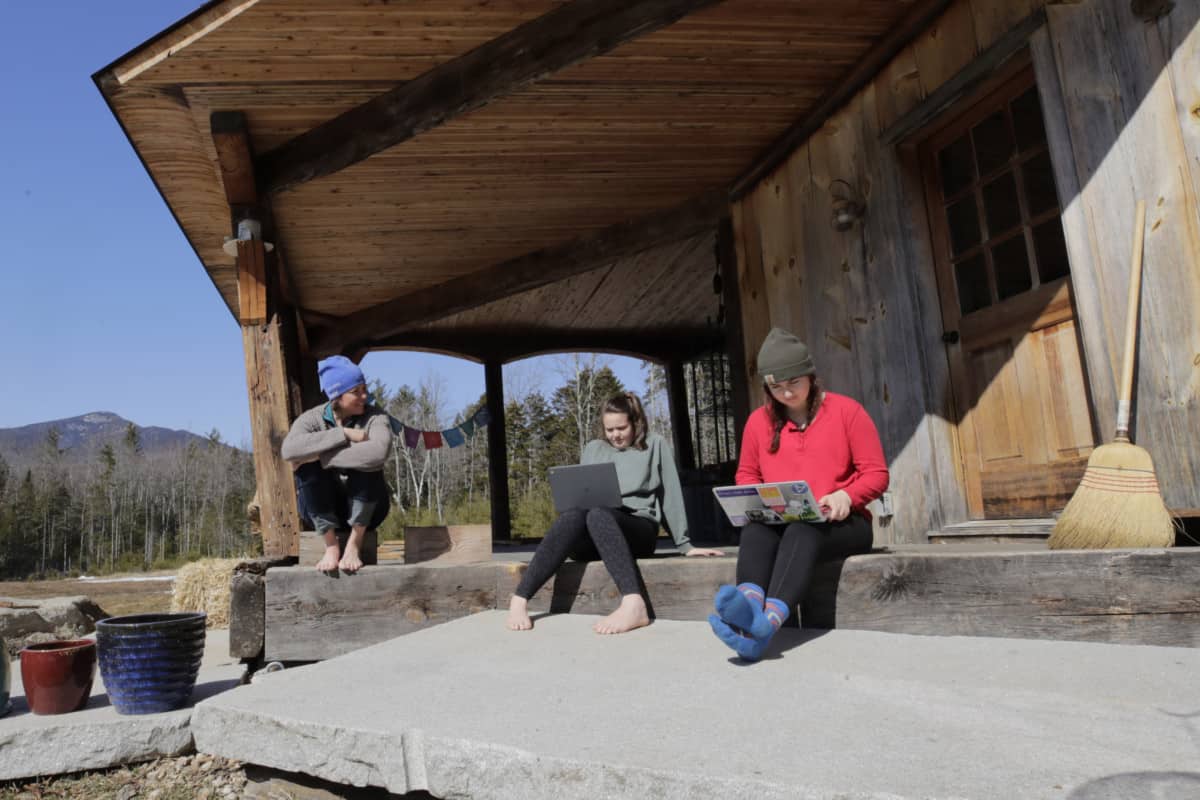
Credit: AP Photo/Charles Krupa
First the Tariffs, Now the Push-Out
Tariffs have been the biggest weapon in the ongoing trade dispute between the U.S. and China, but recently the federal government has also been busy enacting laws and taking new regulatory actions aimed at the American operations of Chinese companies — actions that are not without downstream consequences. In the case of Chinese telecom giant Huawei, for example, the measures could hurt providers of phone and internet services in rural America who already use Huawei’s low-priced equipment and who receive federal funds. “You stand up and say I want to be tough on China, but when push comes to shove there’s a cost to it,” Derek Scissors, a resident scholar at the American Enterprise Institute, told The Wire‘s Eli Binder in this piece.
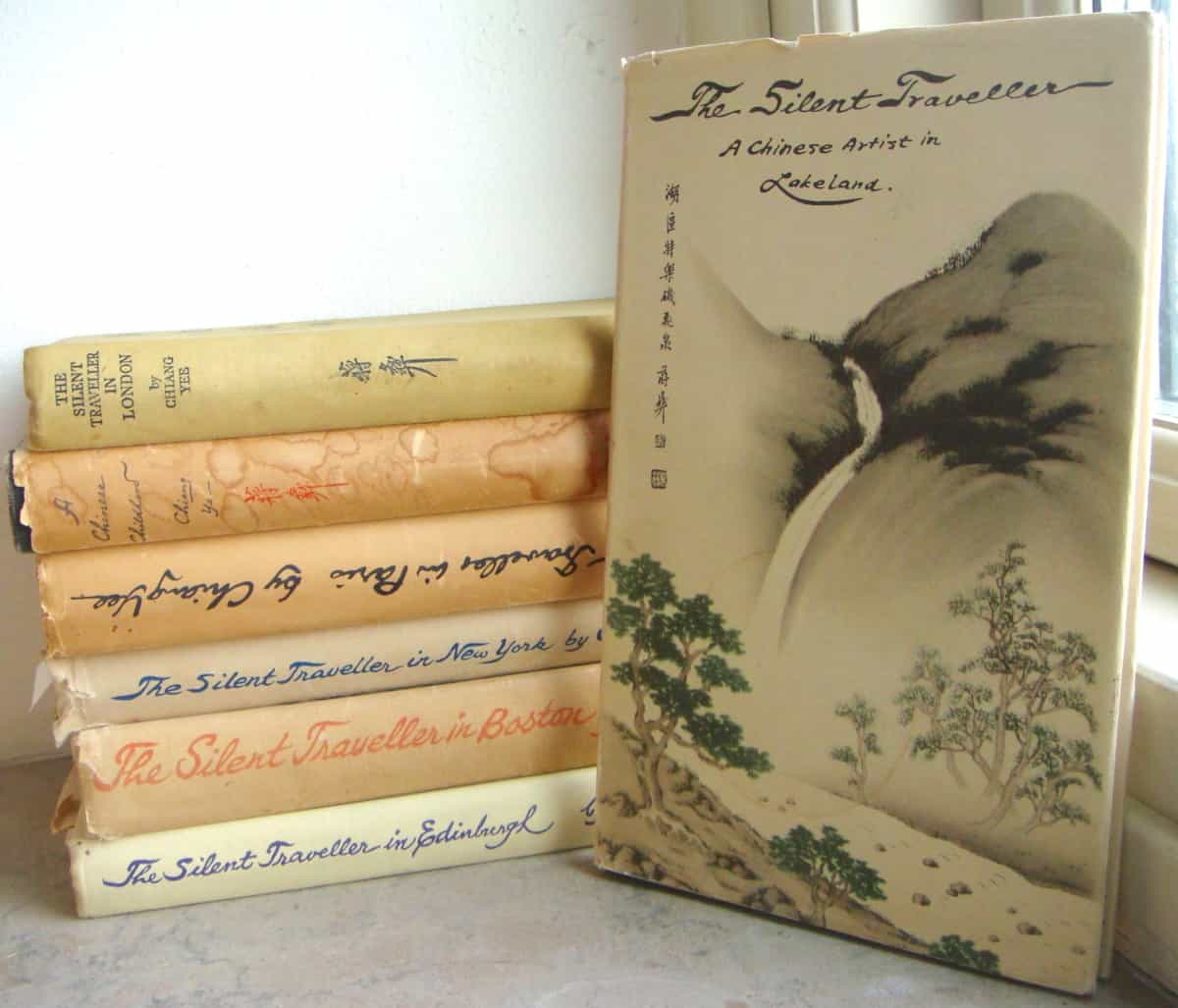
Credit: Karen Mardahl, Creative Commons
The Silent Traveller in New York
Over the course of four decades in the mid-twentieth century, Chinese expatriate Chiang Yee wrote a series of charming and beautiful travel guides to Western cities and destinations. When Michael Meyer, author of The Last Days of Old Beijing, stumbled on Chiang’s work, it was like a breath of fresh air. “Compared to contemporary Look-What-I-Did travel writing,” Meyer writes for The Wire, “the series today read as a tranquil throwback, the literary equivalent of Norway’s Slow TV specials.” Chiang’s books “are also a return to an era when Westerners were interested in what foreigners had to say about them.”
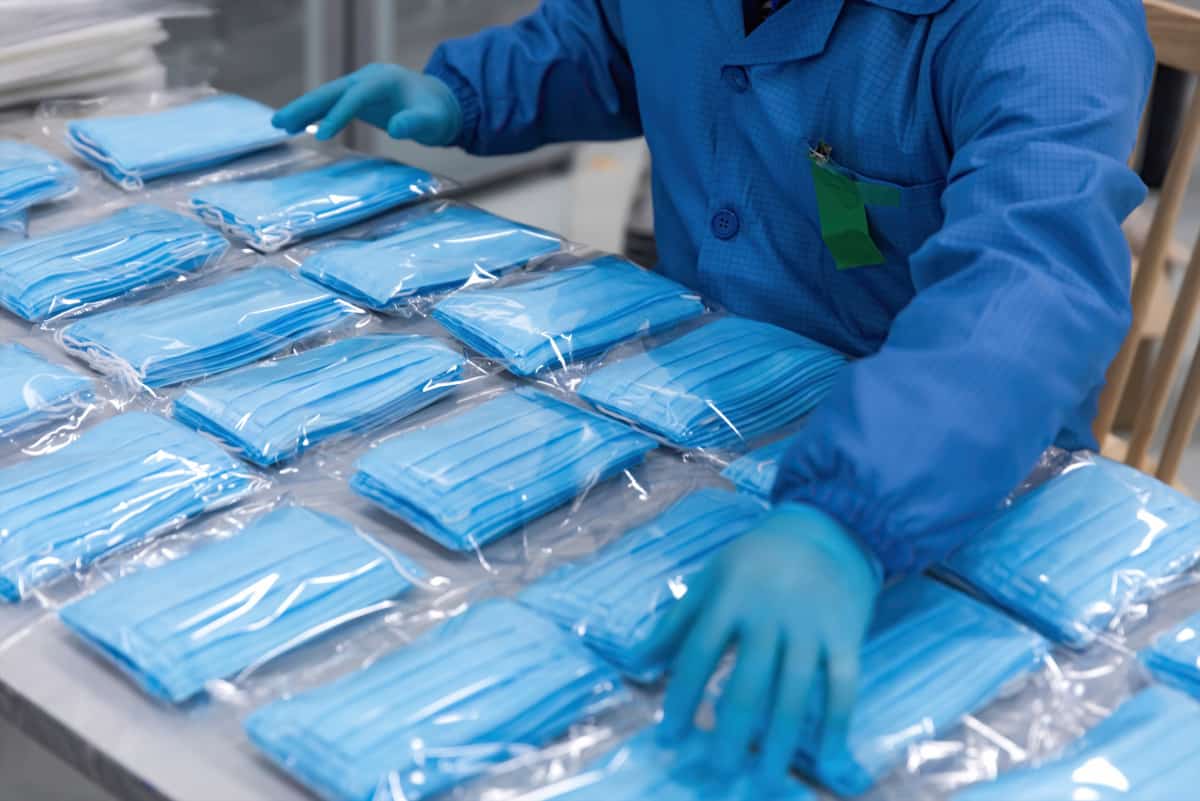
Unmasked and in Traffic
Each week, The Wire’s Dave Smith rounds up the most interesting China news, numbers and insights you may have missed. This week, he looks at the wild west of China’s mask and gown market, the cloud that has fallen over the producer of the wildly successful action flick “Wolf Warrior 2,” how importers in China are stockpiling cheap oil, a roundup of the week’s most interesting opinion pieces, and the good news that traffic congestion is back.
A Q&A With Marco Rubio
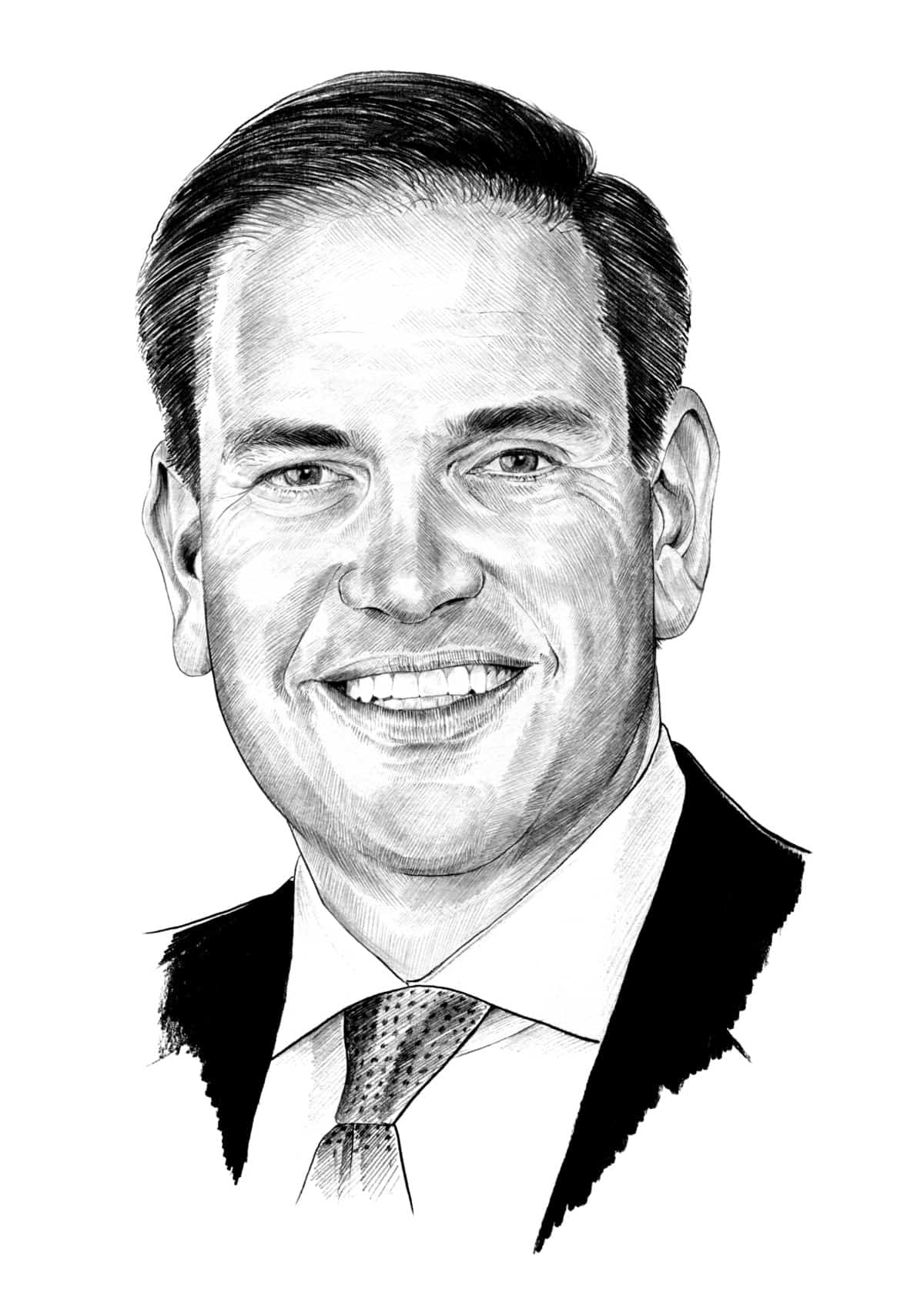
Senator Marco Rubio is the son of Cuban immigrants and a former Republican presidential candidate, who has made China a centerpiece of his political strategy. In this interview with The Wire’s David Barboza, he talks about Covid-19 blame, why America should rethink its global supply chain, and how the U.S. should counter “Made in China.”
Marco Rubio
Illustration by Lauren Crow
Subscribe today for unlimited access, starting at only $19 a month.



